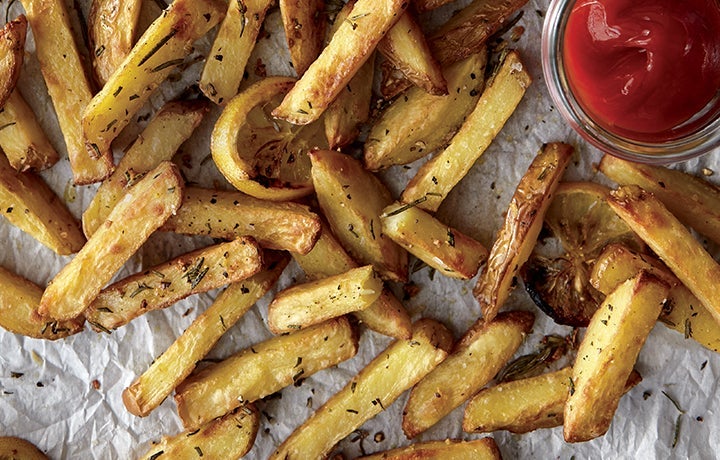Eat What You Love
Deprivation doesn't work. We'll show you how to fit in your favorites.

You can be a WW member and still enjoy the foods you love! If you want to eat something that's higher in SmartPoints values and you're nervous about it, we'll help you plan for it with these steps:
1. What will you eat?
Determine how you’ll fit this food into your Budget. What size portion will you eat and how many SmartPoints® is it? How can you use the flexibility you have with rollovers and zero Points® foods?
2. Where will you eat it?
If you worry about overeating, buy a single serving and eat it away from home. If your high-risk food is chocolate cookies, buy one at a stand in the mall. Or bring cookies to a pal’s house, and leave them there.
3. When will you eat it?
Will you eat it after dinner on your night out or will you eat it on Saturday when you’re at the mall?
4. With whom will you eat it?
Food is often best enjoyed with others. And eating high-risk food in company can minimize shame or self-criticism.
Write these down the next time you decide you're going to have your favorite [insert food here] and savor it! And be sure to share how you work your favorites in by posting a photo or video on Connect with the hashtag #weeklytopic.